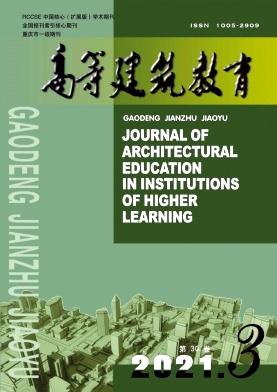First- and final-semester non-native students in an English-medium university: Judgments of their speech by university peers
引用次数: 6
Abstract
Abstract By the end of their studies, non-native speakers of English studying at English-medium universities have had several years of exposure to English in that setting. Do non-native students, particularly those enrolled in non-languagerelated programs, show different levels of second language (L2) speaking ability in their final semester of studies than non-native students in their first semester, as judged by other students in the university community? In this exploratory cross-sectional study, two matched groups of L2 English university students in their first or final semester of study in non-language-related programs (N = 20) were recorded in mock job interviews. The students were rated by two groups of raters for accentedness, comprehensibility, fluency, and communicative effectiveness. Both rater groups were university students; one group was from diverse academic programs, while the other group was studying human resource management (HRM). Although the first- and final-semester L2 English students differed in how long they had studied in English, no significant difference in ratings between first- and final-semester students was found. However, the two rater groups differed in how they rated accentedness and comprehensibility, suggesting that the nature of listeners' previous academic experience (e.g., with HRM) influences their judgments. The use of holistic rating scales to evaluate L2 speech is discussed, as well as the relationship between the nature of language exposure and the performance of the student and rater groups.英语授课大学第一学期和期末非母语学生:大学同学对其演讲的评价
在以英语为母语的大学学习的非英语母语人士在学习结束时,已经在那种环境中接触了几年的英语。根据大学社区其他学生的判断,非母语学生,特别是那些参加非语言相关课程的学生,在他们最后一个学期的第二语言(L2)口语能力是否与非母语学生在第一学期的第二语言口语能力不同?在这项探索性横断面研究中,两组匹配的第二语言英语大学非语言专业第一学期或最后学期的学生(N = 20)在模拟工作面试中被记录下来。学生们由两组评分员对口音、可理解性、流利性和交际有效性进行评分。两组评分者都是大学生;一组来自不同的学术课程,而另一组正在学习人力资源管理(HRM)。虽然第一学期和最后学期的学生在英语学习时间上有所不同,但第一学期和最后学期的学生在评分上没有显著差异。然而,两组评分者在如何评价口音和可理解性方面存在差异,这表明听者以前的学术经历(例如人力资源管理)的性质影响了他们的判断。本文讨论了使用整体评分量表来评估第二语言,以及语言暴露的性质与学生和评分者群体的表现之间的关系。
本文章由计算机程序翻译,如有差异,请以英文原文为准。
求助全文
约1分钟内获得全文
求助全文

 求助内容:
求助内容: 应助结果提醒方式:
应助结果提醒方式:


